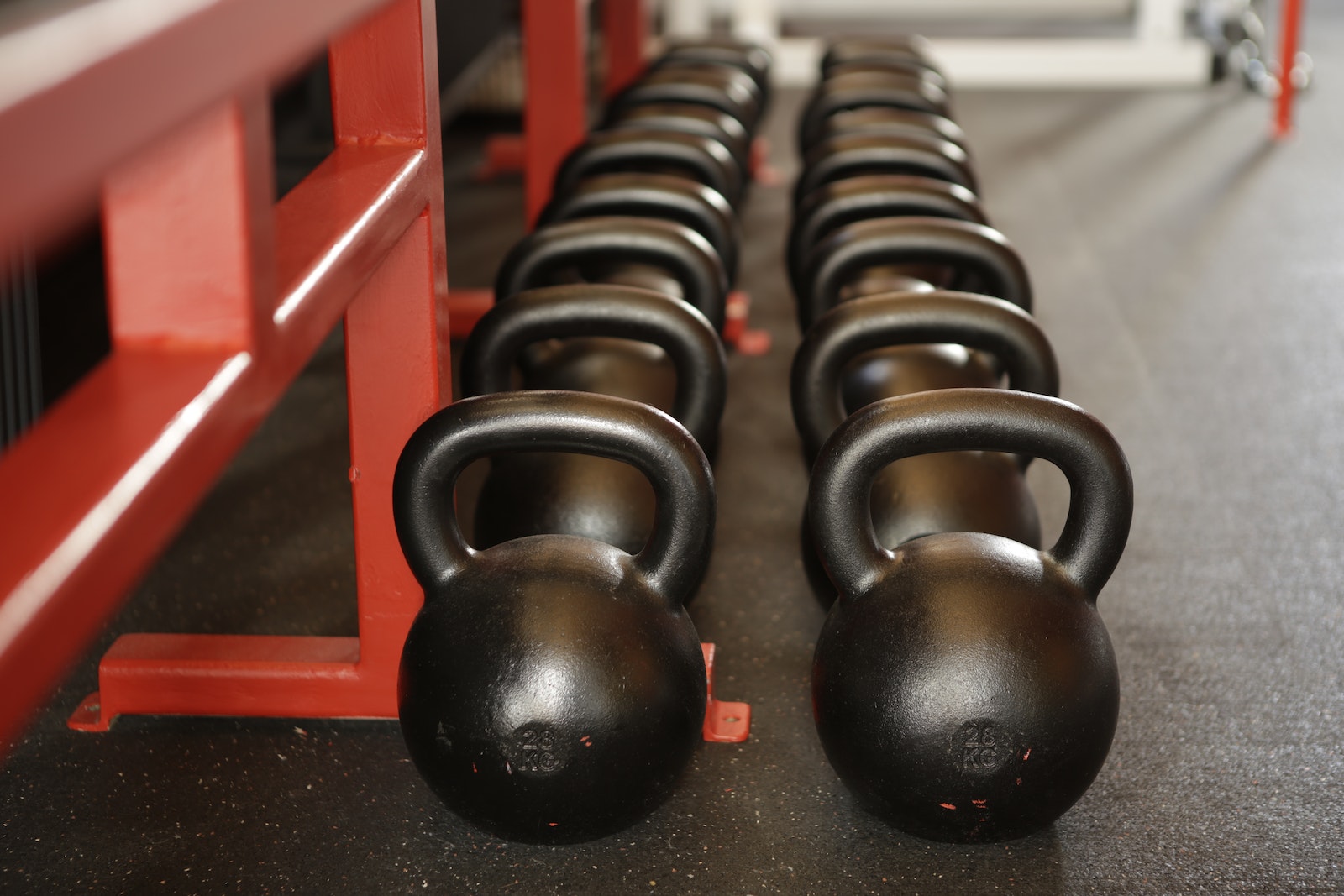In today’s fast-paced world, many individuals are seeking alternative methods of pain relief and overall wellness. One such method that has gained popularity is acupuncture pen therapy. This non-invasive technique is becoming a smart choice for those looking for natural solutions to their health concerns. In this article, we will explore the benefits of acupuncture pen therapy and how it can improve your well-being.
Understanding Acupuncture Pen Therapy
Acupuncture pen therapy, also known as electronic acupuncture or painless acupuncture, is a modern adaptation of traditional Chinese acupuncture. It involves the use of a handheld device that delivers low-frequency electrical pulses to specific acupuncture points on the body. These electrical pulses stimulate the nerves and muscles, promoting natural healing and pain relief.
Unlike traditional acupuncture, which uses fine needles to penetrate the skin, acupuncture pen therapy is needle-free. This makes it an attractive option for individuals who are uncomfortable with needles or have a fear of pain. Additionally, acupuncture pen therapy is a convenient and cost-effective alternative to frequent acupuncture sessions.
Acupuncture pen therapy is based on the principles of Traditional Chinese Medicine (TCM), which believes in the flow of energy, known as Qi, through the body’s meridians. By stimulating specific acupuncture points with the pen, the therapy aims to restore the balance of Qi and promote overall well-being.
Benefits of Acupuncture Pen Therapy
1. Pain Relief
One of the primary reasons people turn to acupuncture pen therapy is for pain relief. Whether you suffer from chronic back pain, migraines, arthritis, or muscle tension, the electrical pulses delivered by the pen can effectively reduce pain and discomfort. By stimulating the acupuncture points, the therapy encourages the body to release endorphins, which are natural painkillers, providing long-lasting relief.
Furthermore, acupuncture pen therapy can target specific pain points with precision, allowing for a targeted approach to pain management. This can be particularly beneficial for individuals who have localized pain or want to avoid the side effects of pain medications.
2. Stress Reduction and Relaxation
In today’s hectic world, stress has become a common issue for many individuals. Acupuncture pen therapy can help alleviate stress and promote relaxation. The electrical pulses from the pen stimulate specific points that release tension in the muscles and calm the mind. This therapy can be particularly beneficial for individuals who struggle with anxiety or have difficulty sleeping due to stress.
Moreover, acupuncture pen therapy has been found to regulate the body’s stress response by influencing the release of stress hormones such as cortisol. By reducing stress levels, it can also improve mood and contribute to a sense of overall well-being.
3. Improved Blood Circulation
Proper blood circulation is vital for overall health and well-being. Acupuncture pen therapy helps improve blood flow by stimulating the acupuncture points related to circulation. The electrical pulses enhance the dilation of blood vessels, allowing for better oxygen and nutrient delivery throughout the body. Improved blood circulation can lead to faster healing, improved organ function, and enhanced energy levels.
Additionally, acupuncture pen therapy can help relieve symptoms associated with poor circulation, such as cold hands and feet, by promoting blood flow to these areas. By enhancing circulation, it can also support the health of the cardiovascular system and reduce the risk of certain health conditions.
4. Boosted Immune System
A strong immune system is essential for fighting off illnesses and maintaining good health. Acupuncture pen therapy has been shown to have immune-boosting effects by stimulating specific acupuncture points associated with the immune system. The therapy enhances the production of white blood cells, which are crucial for defending the body against viruses, bacteria, and other harmful pathogens.
Furthermore, acupuncture pen therapy can help regulate the immune response, preventing excessive inflammation and promoting immune balance. This can be particularly beneficial for individuals with autoimmune conditions or those who want to strengthen their immune system to prevent illness.
5. Facial Rejuvenation and Skin Health
Apart from its physical health benefits, acupuncture pen therapy can also improve your appearance. Facial acupuncture pen therapy is gaining popularity as a natural alternative to cosmetic procedures. The therapy stimulates collagen production, improving skin elasticity and reducing wrinkles. It also promotes blood circulation in the face, giving your skin a healthy and radiant glow.
Additionally, acupuncture pen therapy can target specific facial acupuncture points that correspond to certain skin concerns, such as acne, dullness, or uneven skin tone. By addressing these issues, it can contribute to a clearer, more youthful complexion.
How to Use an Acupuncture Pen
Using an acupuncture pen is simple and can be done in the comfort of your own home. Here’s a step-by-step guide:
- Ensure the acupuncture pen is charged and turned on.
- Select the appropriate acupuncture point on your body.
- Hold the pen perpendicular to the skin and gently touch the acupuncture point.
- Press the pen’s button to activate the electrical pulses.
- Move the pen in circular motions or slight up-and-down movements on the chosen point for a few minutes.
- Repeat the process for other desired acupuncture points.
It is essential to refer to the user manual provided with your acupuncture pen for specific instructions and safety precautions.
Conclusion
Acupuncture pen therapy offers a wealth of benefits, ranging from pain relief and stress reduction to improved blood circulation and immune system function. This modern approach to acupuncture provides a convenient and needle-free alternative for those seeking natural solutions to their health concerns. By incorporating acupuncture pen therapy into your wellness routine, you can experience the many advantages it offers and make smart choices for your overall well-being.
Note: The content above has been written in markdown format.
- What is acupuncture pen therapy?
- Acupuncture pen therapy is a non-invasive technique that uses a handheld device to deliver low-frequency electrical pulses to specific acupuncture points on the body. It promotes natural healing and pain relief.
- What are the benefits of acupuncture pen therapy?
- Acupuncture pen therapy provides pain relief, reduces stress and promotes relaxation, improves blood circulation, boosts the immune system, and can contribute to facial rejuvenation and skin health.
- How does acupuncture pen therapy provide pain relief?
- Acupuncture pen therapy stimulates acupuncture points, encouraging the release of endorphins, which are natural painkillers. It can effectively reduce pain and discomfort, and it offers a targeted approach to pain management.
- Can acupuncture pen therapy be done at home?
- Yes, acupuncture pen therapy can be done in the comfort of your own home. It is simple to use, following a step-by-step guide provided with your acupuncture pen, and it is important to refer to the user manual for specific instructions and safety precautions.









